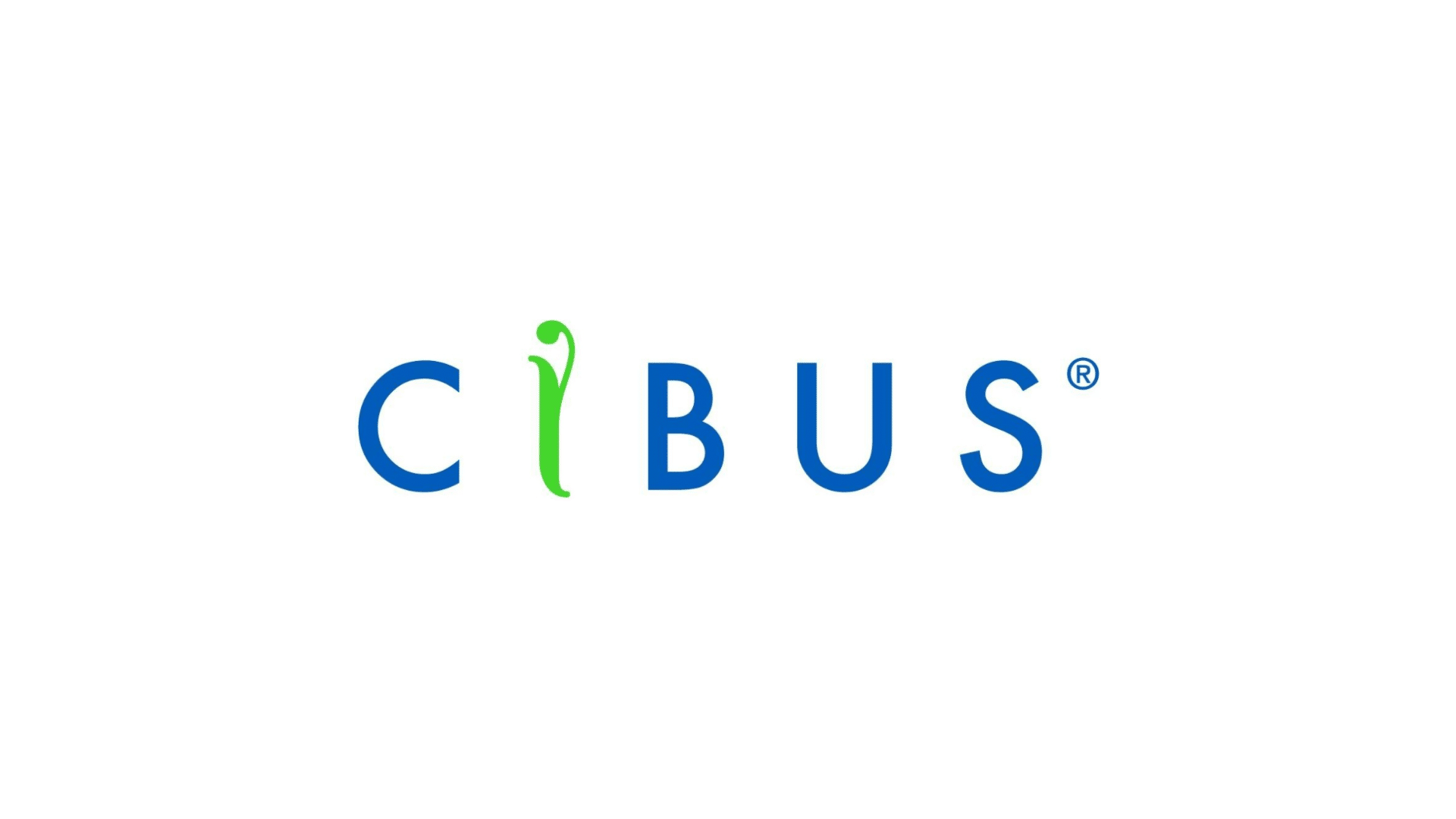Key Takeaways:
- Cibus, Inc. (Nasdaq: CBUS) has appointed Craig Wichner, Founder and Managing Partner of Farmland LP, to its Board of Directors.
- Wichner will also serve on the company’s Strategy Committee, supporting Cibus as it prepares for commercial scaling of its gene-editing trait platform.
- With more than $350 million in farmland assets under management, Wichner brings deep expertise in sustainable agriculture and investment strategy.
- His appointment strengthens Cibus’ focus on sustainable crop innovation and expanding its licensing partnerships with seed companies.
- Cibus continues advancing its trait development platform, enabling farmers to increase yields with fewer inputs through advanced gene-editing technologies.
Cibus Expands Board with Appointment of Craig Wichner
Cibus, Inc. (Nasdaq: CBUS), a leader in agricultural gene-editing and trait development, announced the appointment of Craig Wichner to its Board of Directors. He will also join the Strategy Committee, contributing to the company’s growth and commercialization initiatives as it scales its technology platform globally.
“Craig brings an exceptional combination of financial acumen, strategic discipline, and industry insight to the Cibus Board,” said Mark Finn, Chairman of the Board of Cibus. “As Cibus prepares for anticipated commercial scaling of our trait platform, Craig’s expertise in sustainable growth and capital strategy in agriculture will be instrumental in strengthening our position in our markets and creating shareholder value.”
Background in Sustainable Farmland Investment
Craig Wichner is the Founder and Managing Partner of Farmland LP, one of the leading farmland investment management firms in the United States, managing more than $350 million in assets and 19,000 acres of farmland.
Since founding the firm in 2009, Wichner has been recognized for advancing regenerative and organic farming practices, demonstrating that sustainable land management can deliver both strong financial returns and positive environmental outcomes. His experience spans technology, real estate investment, and agribusiness development, aligning closely with Cibus’ mission to drive innovation in sustainable agriculture.
“I am honored to join the Cibus Board at such an exciting time for agricultural innovation,” said Wichner. “Cibus’ platform is uniquely positioned to accelerate the development of gene-edited traits and deploy them through licensing partnerships with leading seed companies. This approach not only expands the reach of Cibus’ technology but also positions the company within one of the fastest-growing areas in agriculture, enabling farmers to produce more with fewer inputs through sustainable crop innovation.”
Supporting Cibus’ Strategic Growth and Licensing Model
As Cibus prepares for the commercial scaling of its trait licensing platform, Wichner’s appointment comes at a pivotal time. The company’s model focuses on developing gene-edited traits—such as improved yield, disease resistance, and input efficiency—and licensing them to global seed companies for integration into commercial crop varieties.
This approach aims to accelerate adoption of sustainable crop technologies and support farmers in producing higher-yielding, resource-efficient crops without reliance on traditional chemical inputs.
A Career Bridging Science, Sustainability, and Business
Before establishing Farmland LP, Wichner founded and managed several technology and investment companies focused on data-driven growth and sustainability. He also served on the Board of Directors of BN Ranch, the successor to Niman Ranch, later acquired by Blue Apron Holdings, Inc.
Wichner holds a Bachelor of Science in Biochemistry and Molecular Biology, with a minor in Economics, from the University of California, San Diego—a foundation that bridges scientific understanding with financial and strategic leadership.




1 Comment